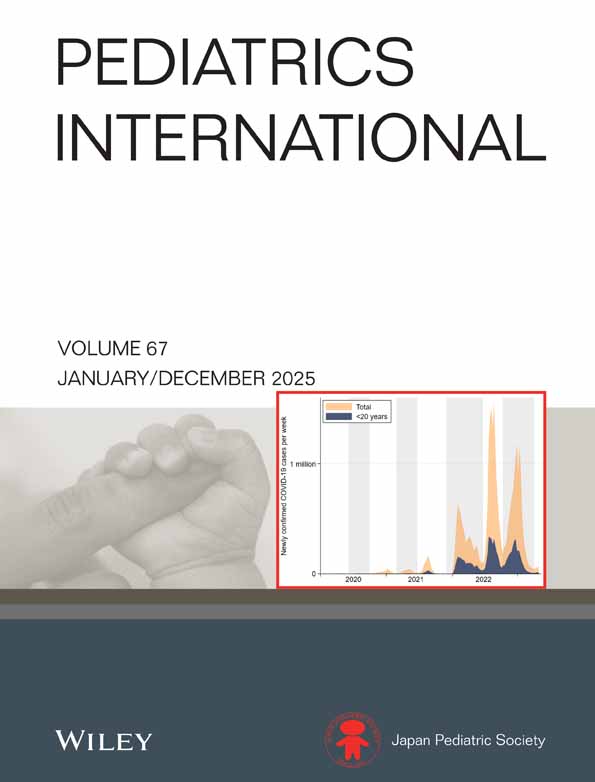Neonatal clinical outcome after electivecesarean section before the onset of labor at the 37th and 38thweek of gestation
Abstract
Background : Although elective cesareansections are often performed after the 37th week of gestation withoutany complicating factor that may influence the timing of delivery,there is a possibility that infants born in the 37th week of gestation,especially early in the 37th week of gestation, do not obtain asatisfactory clinical outcome due to premature birth.
Methods : The authors analyzed the clinicalcourse during the neonatal period in 96 infants born in the 37th (n = 81)and 38th (n = 15) week of gestationby an elective cesarean section. Subjects were retrospectively dividedinto two groups: infants born in the first half of the 37th weekof gestation (37+0−37+3)(n = 48), and infants born fromthe latter half of the 37th week of gestation (37+4−37+6)through the 38th week of gestation (n = 48).Twin pregnancies, pregnancy with placenta previa, and pregnancyof women who had a diversity of medical complications were excludedfrom the present study, because of the possibility that these conditions mayhave affected the infants’ status. The incidence of infantswho showed clinical symptoms during the neonatal period and whoneeded medical care was compared between the two groups.
Results : Of the 96 subjects, 25 infants(26.0%) had significant clinical symptoms. The incidenceof breathing difficulty was significantly higher in the infant groupborn in the first half of the 37th week of gestation than in thelatter group.
Conclusions : An elective cesarean sectionbefore the onset of labor early in the 37th week of gestation should notbe routinely undertaken.




